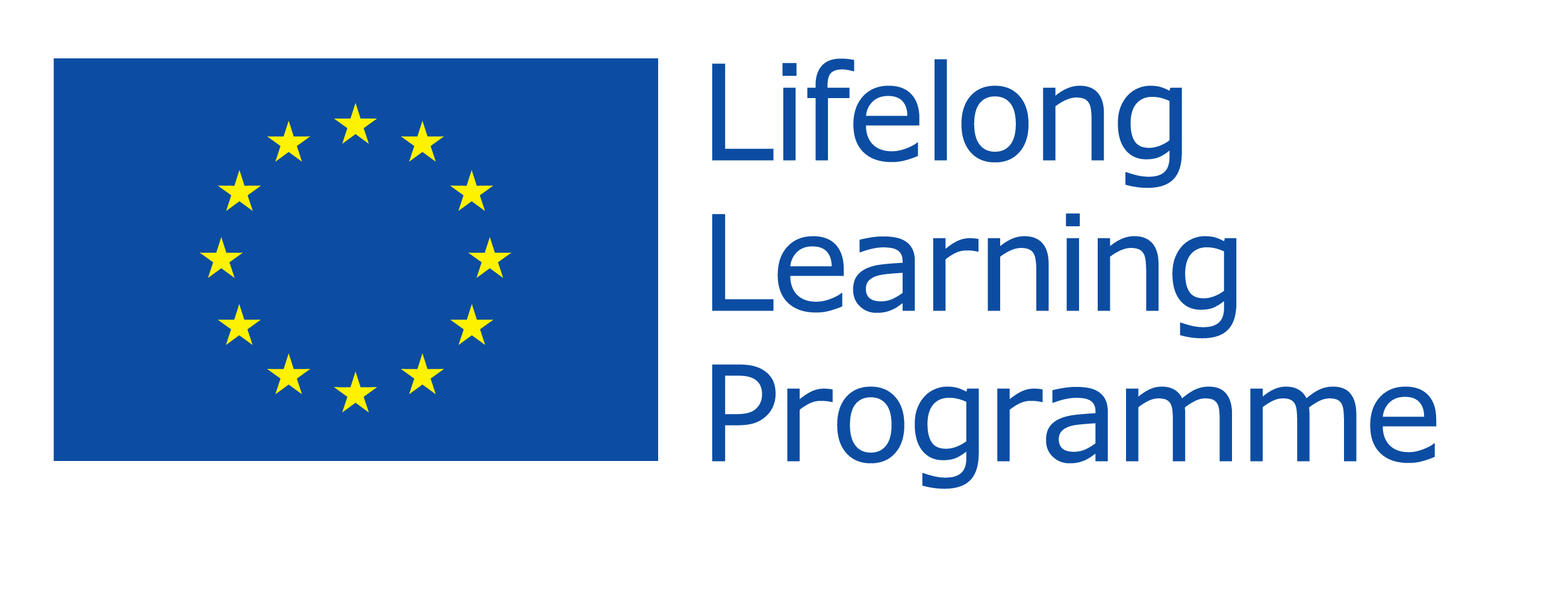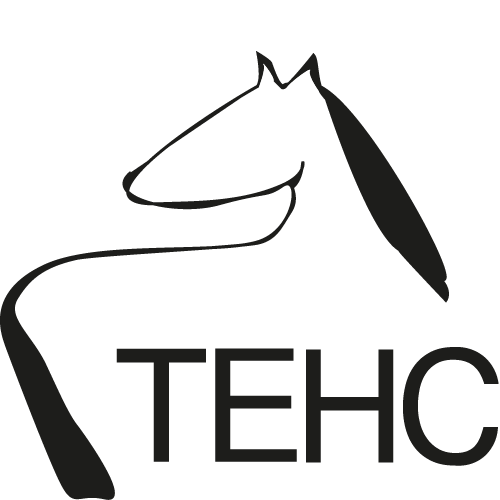The Modern Times in Europe
In Europe the modern age began around 1500 with the "Renaissance" which means: people remembered the time of the ancient world. The classical knowledge of the architecture, the fine arts, medicine, astrology became more and more important. This knowledge was hidden in the monastery libraries in western Europe. Ancient knowledge in books also has been kept in Constantinople because of the long establishment of the Byzantine Empire as the Eastern Roman Empire (330 - 1453 AD). With demise of the Eastern Roman Empire that knowledge reached western Europe.
The printing press was invented and made the spreading of knowledge easier and faster, more people had access to education. With the protestantism the power of the Catholic Church was weakened, it became possible to ask questions and to think different. The discovery of America brought new plants and richness to Europe.
The live changed faster and faster, new inventions such as steam power, electricity, cars, planes, telefon, computers and the internet influenced mans life more than ever. The modern way of life has advantages and disadvantages. Many wars shook Europe and the world during the last 500 years, regional conflicts and large internationale conflicts like the both World Wars.
But modern communication and the access to information for all made the development if peaceful institutions such as the European Union possible. Europe has never been so peaceful like the last 70 years.

